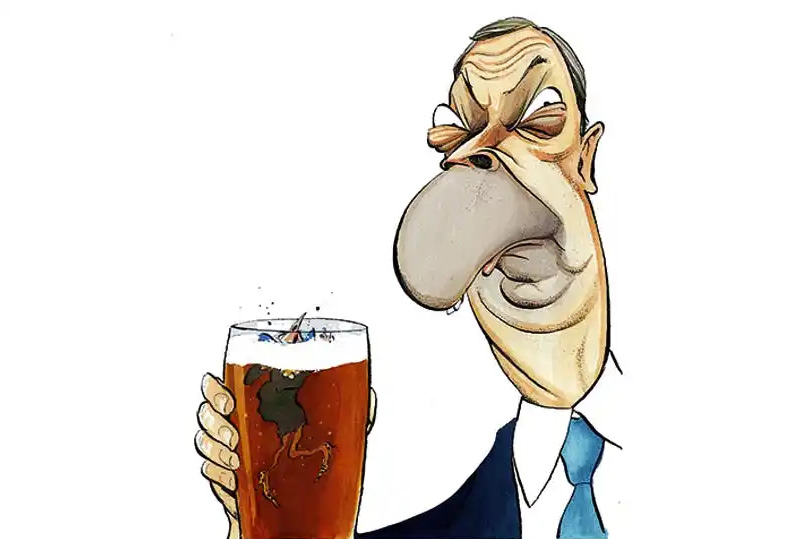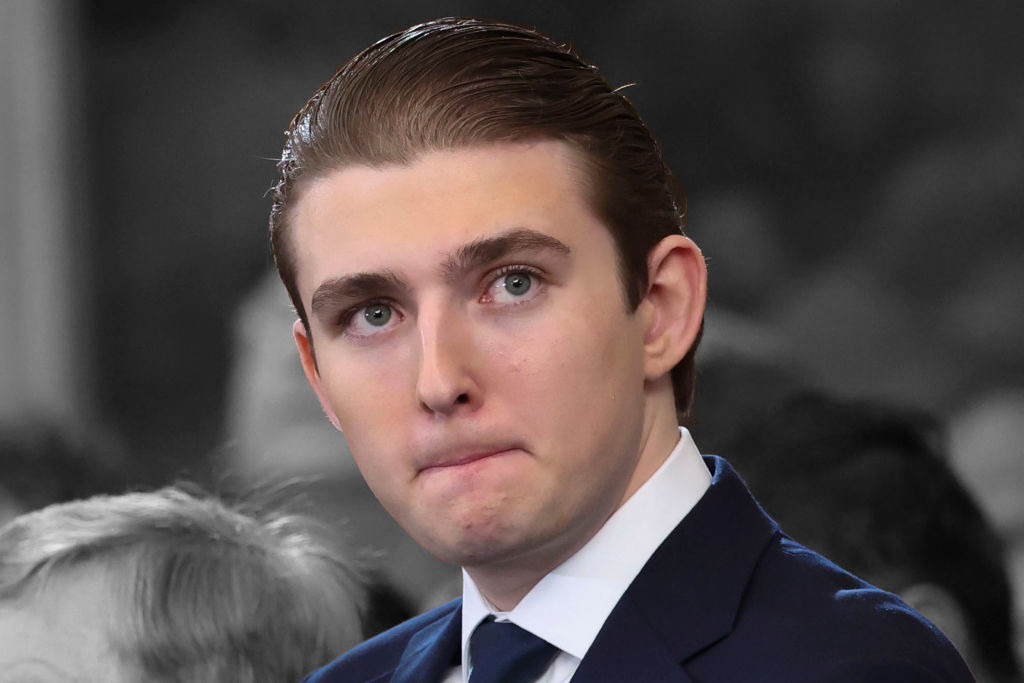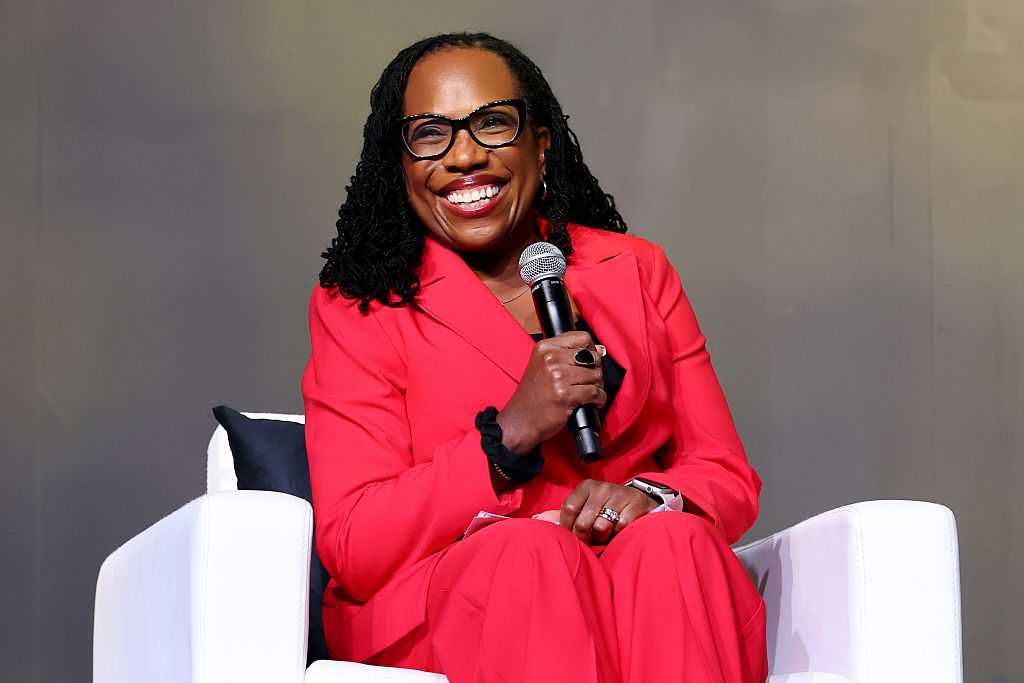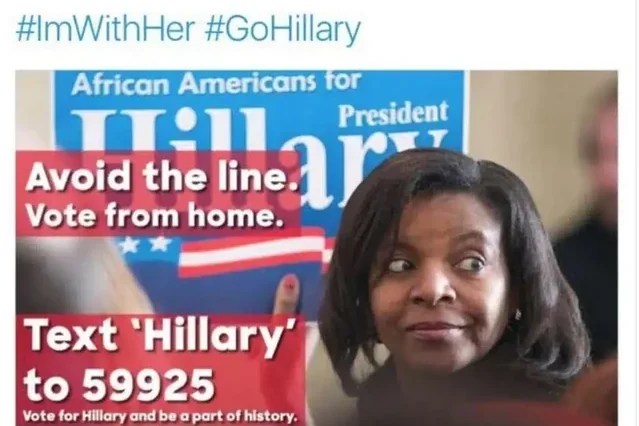Towards the end of last year, Nigel Farage set tongues wagging as he entered the jungle for reality show I’m a Celebrity… Get Me Out of Here! Yesterday he announced his return to electoral politics – and the national conversation about him now is curiously similar to what it was then. Will the British masses actually vote for him? Will people find his rhetoric refreshing — or racist? And is this good or bad for GB News?
In the Old Country we’re used to talking in a slightly superior English way about Donald Trump, the former host of The Apprentice, as the reality TV president across the pond. But Britain is not so different. Our politics is not just downstream from culture, as the (American) Andrew Breitbart put it. Our politics and culture often seem to be merely tributaries of the great entertainment delta that is the United States of America.
Farage was right to start his speech yesterday by pointing out that the election had so far been boring. We are not entertained
Consider not just Nigel Farage, but George Galloway, the former Big Brother contestant and the other important maverick in the UK election.
We can consider both men to be vulgar populists. But we would probably be dishonest if we said we would rather not see them on a TV debate stage with Rishi Sunak and Keir Starmer. Farage was right to start his speech yesterday by pointing out that the election had so far been boring. We are not entertained. He aims to change that and we’re grateful to him.
Farage understands that the unacknowledged legislators of today’s world are not poets but call-in radio and television show hosts. Galloway, Farage, David Lammy, Jacob Rees-Mogg, Nadine Dorries, Nick Clegg, Esther McVey, Ed Vaizey, Ed Balls, Dehenna Davison — to name but a few — are all what my colleague James Heale called “presenticians,” prominent politicians who have swapped political lives for talk shows, or vice versa.
Talk radio, pioneered in America in the 1920s, is where Britain’s political conversation takes place. It’s where politicians pretend to have a real dialogue with the public for our amusement. It’s how statesmen and women, who have so often risked an embarrassing viral moment at the hands of an interviewer, can assume the more empowering role of broadcaster, or humiliation gatekeeper.
This all helps keep the revolving door between public life and entertainment moving. It also means politicians can redeem failure in one sphere by succeeding in another. Ed Balls and George Osborne are today successful podcast hosts. So are Rory Stewart and Alastair Campbell.
David Lammy once made a complete fool of himself on Celebrity Mastermind — he said that Georgia’s Rose Revolution happened in Yugoslavia, that Henry VII came after Henry VIII, and that Marie Antoinette won the Nobel Prize in 1903. He’ll be foreign secretary soon.
The most successful political figures can interchange effortlessly between politics, news media, talk and game shows and reality TV. The comparisons between Boris Johnson and Donald Trump have been overdone. But what the two men have most in common is their skill as political entertainers. Both men had viral appeal in the age of online video. Both men also became media famous first then took over a major political party and thrived as a result.
Farage and Galloway by contrast only have start-up parties — Reform and the Workers Party are the current placeholder names. In our first past the post system, as Farage pointed out yesterday, these new entities will always struggle to win office. But Farage and Galloway are still able to dominate the airwaves in a way Rishi Sunak simply can’t. Moreover, they can, through their popular clout, force the big parties to move in their direction. They prove, as Trump does, that in the new media and internet age, power stems not from politics or the law. It comes from fame and the ability to draw an audience.
This article was originally published on The Spectator’s UK website.


























Leave a Reply